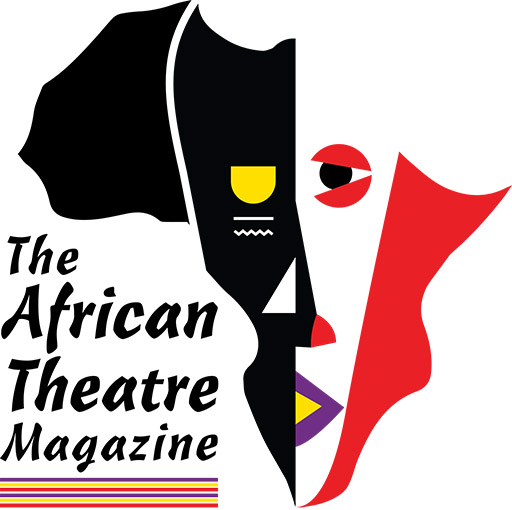Despite a few challenges, the organisers of Mitambo International Theatre Festival managed to pull off the first edition. Staging a theatre festival in an environment where majority of the people do not have much disposable income due to a tough, austere economic environment was always going to be a difficult task for the organisers of the inaugural Mitambo International Theatre Festival that concluded on October 12th.
Besides the money woes, attracting theatregoers has been a major issue over the past three years with the numbers only spiking once in a while when a production that strongly resonates with the masses is staged, as was the case with the 2018 banger, Operation Restore Regasi.
Mitambo International Theatre Festival organisers were not spared by these issues. Attendances were so low that in some incidences shows were cancelled. One of the organisers, Teddy Mangava confirmed that indeed, low ticket sales caused shows to be cancelled. “The ancestral Bible from South Africa was cancelled because one of the performers fell sick. On the Indian play, the director called off two performances due to low ticket sales,” he shared.

The venues that were away from town coupled with the ever soaring transport fares did not help the situation either. It cost a good $6 Zimbabwe dollars to just get to the venue and one was expected to pay the same back into town. This caused a number of people to change their minds about attending the festival.
Mangava however defended the choice of venues, “The choice of the venues was strategic. In as much as the Reps Theatre and University of Zimbabwe are a bit far in terms of commuting, to counter that we engaged and partnered with Jasen Mpepo Little Theatre. We didn’t get much audiences as we expected but the turnout was good” he said.
See also: Tswalo is a Riveting and Unforgettable Theatrical Experience!
It also seemed like there was no buzz about the festival amongst citizens with only the actors and other artists involved in the festival aware of it. “Regards marketing, we did what we could. We utilized digital marketing and other promotional strategies but henceforth we are looking forward to engage a fulltime marketing person,” Mangava said.
Lloyd Nyikadzino the other brain behind the festival conceded, “We need to engage more with media houses, government departments and also the artists visiting through their embassies as some shows were not full house whilst others were. I think the marketing factor is a collaborative effort between us the host and the visiting artists,”

But, despite these woes, the festival created a platform for unknown youngsters in the genre to emerge. It was quite refreshing to see the young actors exploding on the stage – with majority of them exuding high quality with promise to blossom into inimitable theatre stars.
Another great factor was the number of fresh productions that were showcased. This showed that theatre is still alive in Zimbabwe. “We managed to create a platform for six new Zimbabwean shows to have their world premieres, of which two were our own from the Zimbabwe Theatre Academy,” reflected Nyikadzino.
“We have a lot of stories to tell. People just need the platform and structure to do so. It has become evident that if appropriately curated and sustained, the festival can play a complimentary, contributing and promoting the role of culture in sustainable human development,” he added.
Asked what his major lesson was from this inaugural edition, Nyikadzino responded, “We have appreciated that with timely preparation and commitment, no dream is too big to be attained. We have learnt that, you cannot run such events single-handedly; you need support systems which include friends, and donors who believe in the collective idea.”
Indeed, with lessons from the first edition and the plans, we can look forward to a bigger and better second edition next year.








Discussion about this post